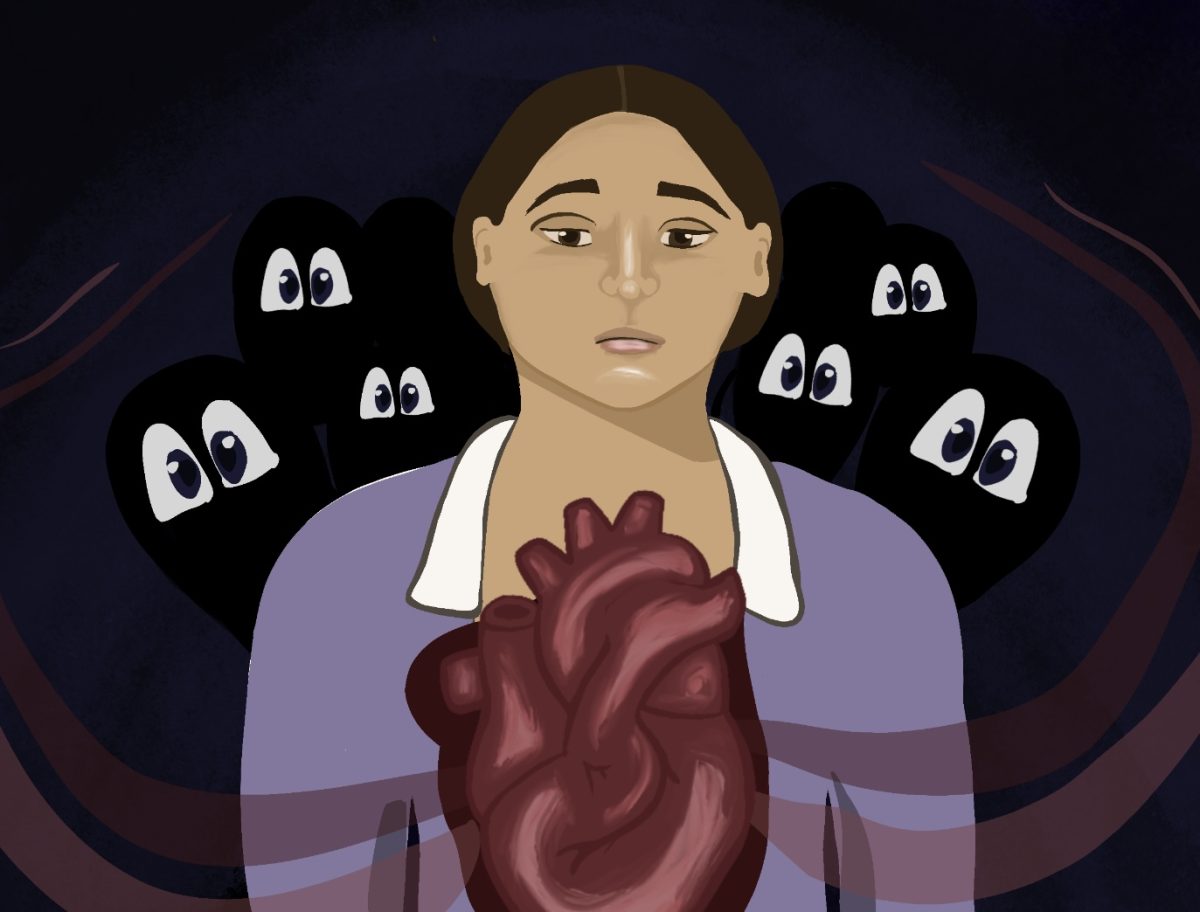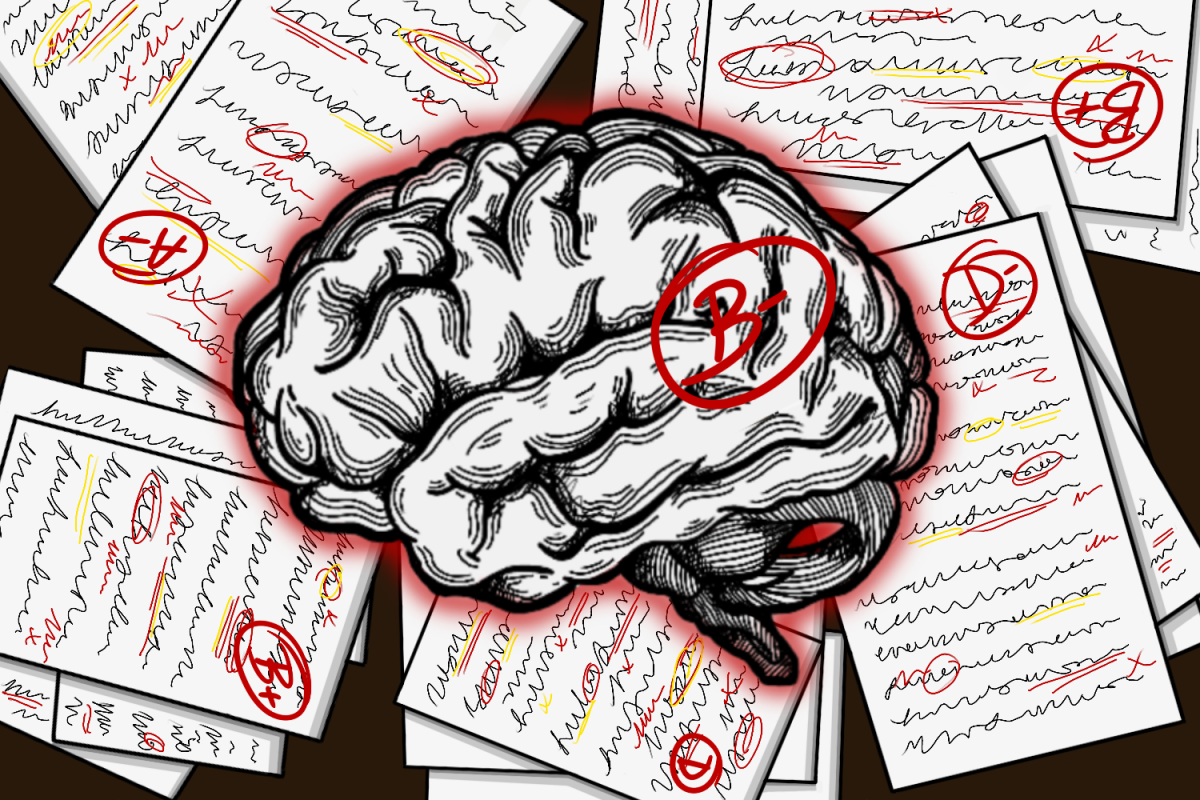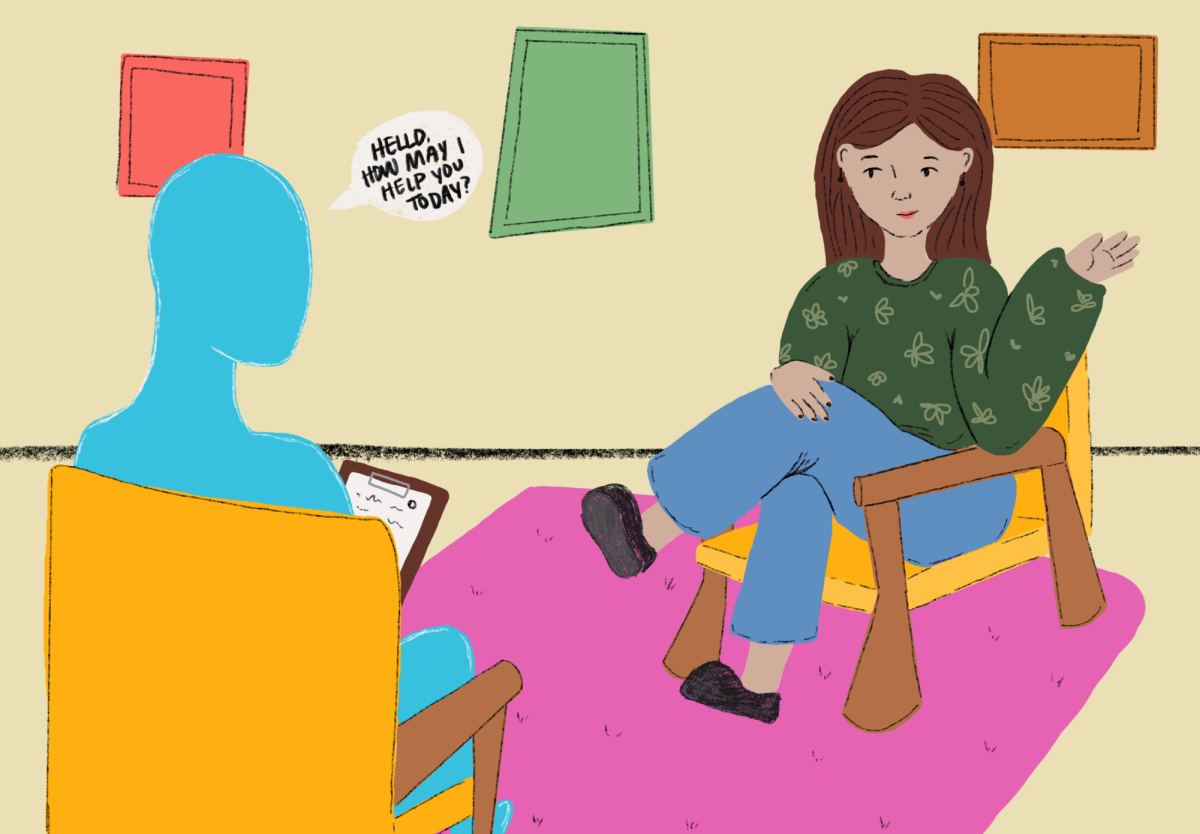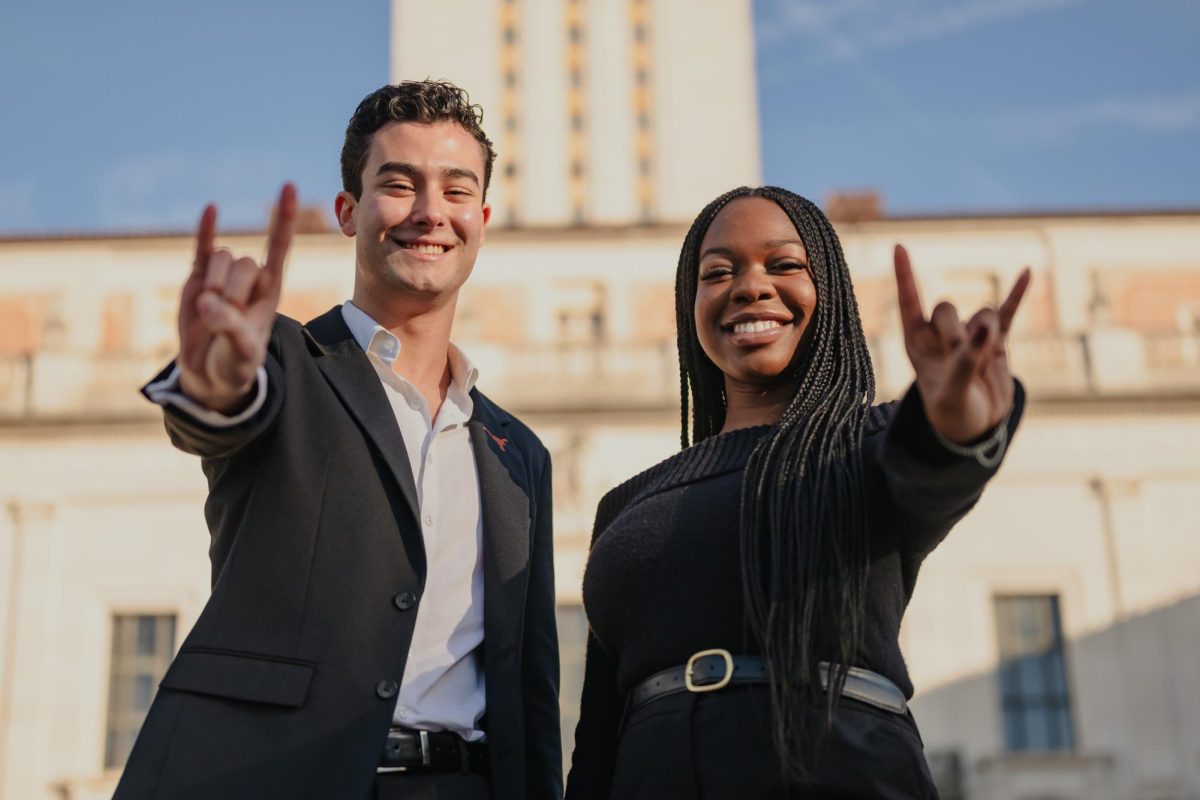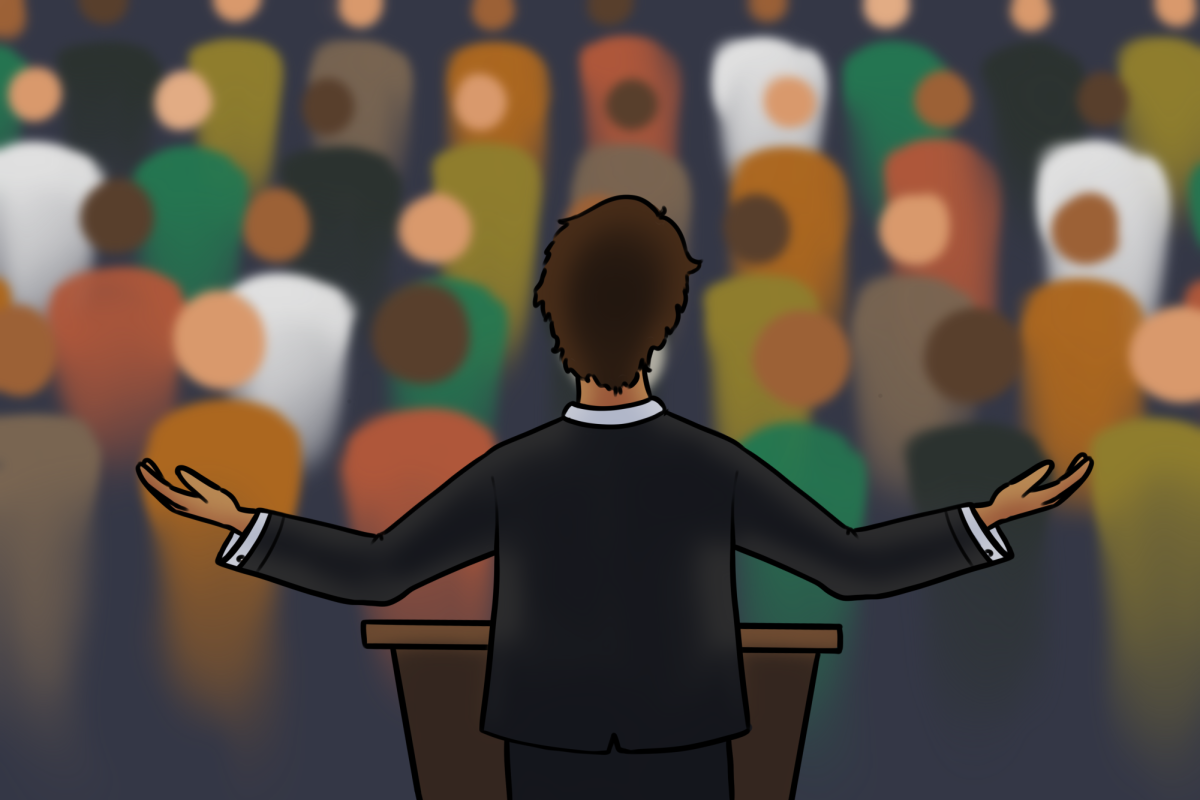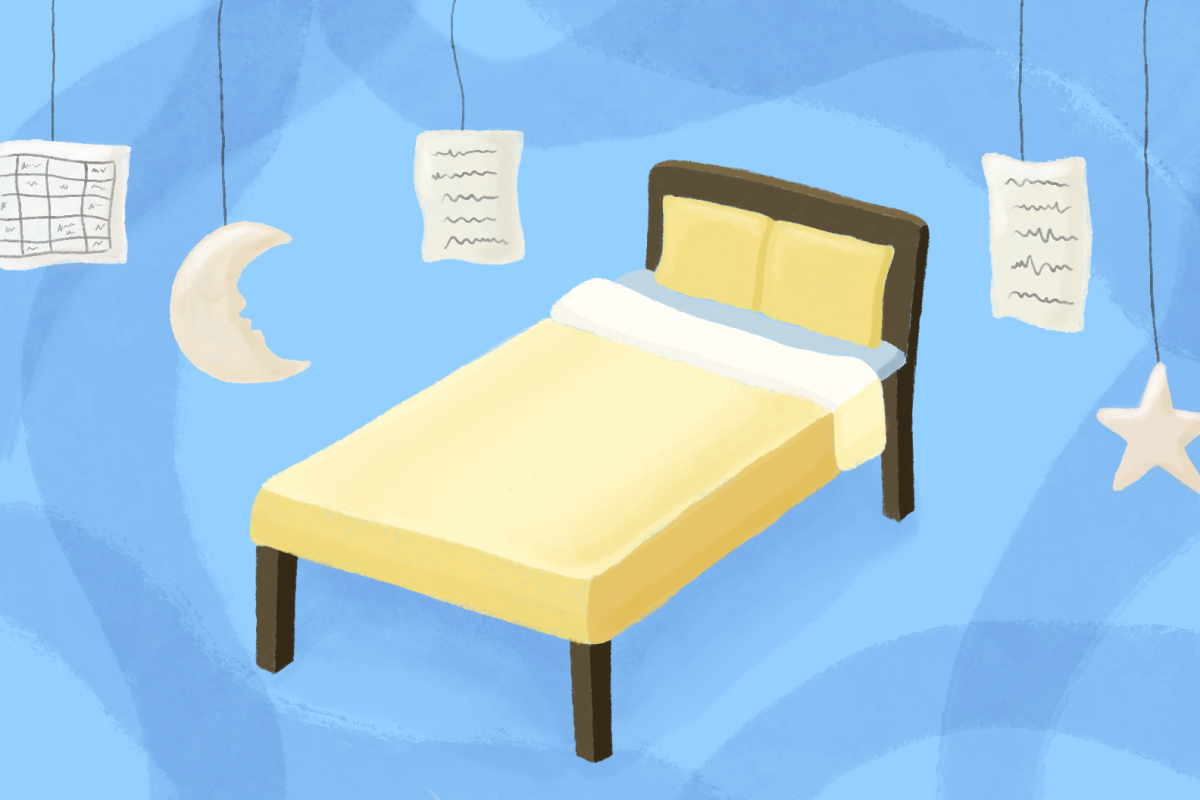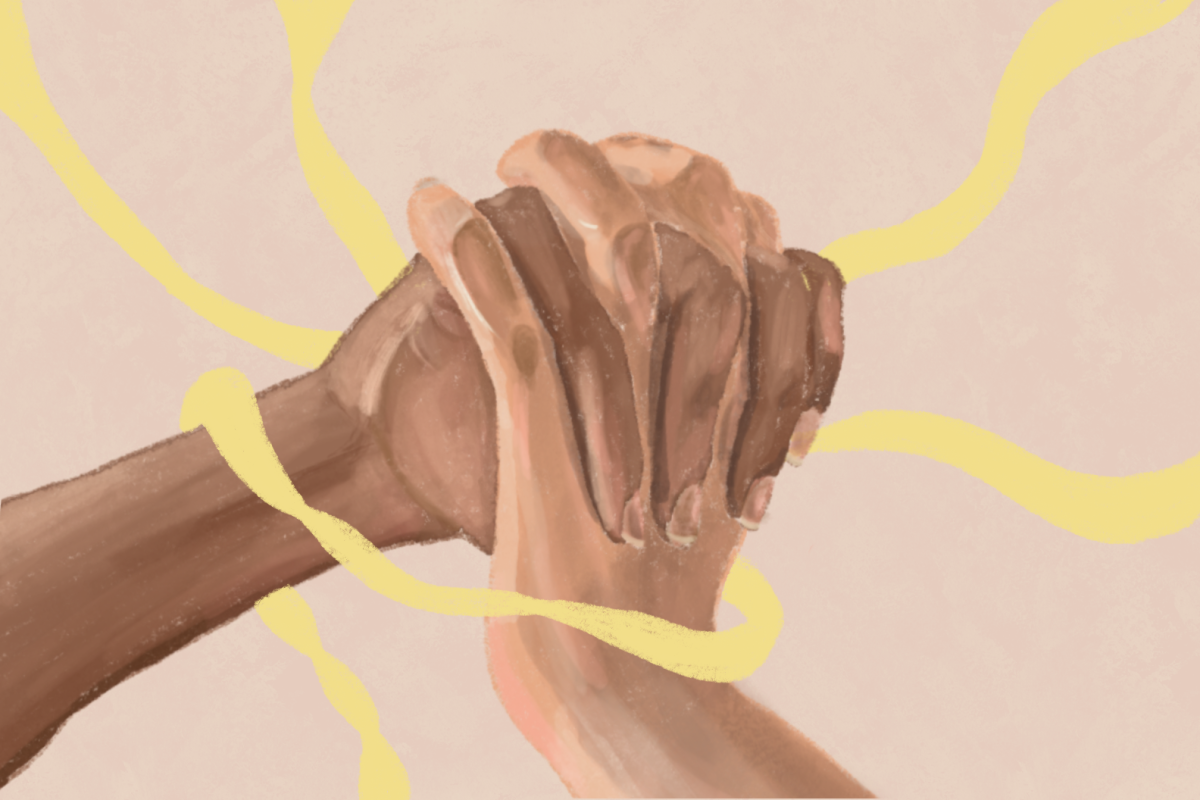The Americans with Disabilities Act prohibits employers, professors and other authoritative figures from inquiring about an individual’s disability, even if you’re their employee or student. This is meant to protect the privacy of individuals with disabilities and oversee sensitive topics. However, due to the general inaccessibility in classrooms and workspaces, there are often adverse impacts. Since classrooms and workspaces tend to be inaccessible, there rarely is privacy.
As a deaf student at UT, my accommodation letters get sent out on the first day of classes. I talk to each professor to let them know my accommodations, which they have often been extremely receptive to. However, as soon as the classroom requires anything constituting group work, these accommodations get more complicated.
Asking my peers for clarification or help regarding the lecture typically results in an exasperated response. You can tell by their eye rolls or small scoffs that I’m being chalked up to a student who doesn’t care or pay attention. Often, when we are told to disperse into groups, I rarely hear all of the instructions and have to ask a group member for clarification. However, if I choose to share that I have hearing aids, so I am not treated that way or excluded, they are immediately more willing to be patient. This forced intimacy is seen in how I have to share a personal detail about myself to be treated kindly.
Forced Intimacy is a term coined by Mia Mingus describing the constant overstepping of boundaries by those who interact with individuals with disabilities. I think forced intimacy is something that individuals with and without a disability should understand, as it highlights the nuances of what many disabled individuals go through. I can’t help but think that if more people in my day-to-day life knew what forced intimacy was and how to avoid doing it, I wouldn’t have had to extensively overshare how my hearing aids work to disprove their assumptions.
Many people may believe the obvious alternative is to just not share, but it’s not that simple. Due to the inaccessible infrastructure of many different spaces in my day-to-day life, I can choose to speak up or be stuck having absolutely no idea what’s going on. Oftentimes I have someone who knows about my hearing loss within my general vicinity, who I can ask for help or who just automatically tries to accommodate, but this is also a forced intimacy. This creates a constant dependency on someone else, no matter how close I am to them, because restaurants, concerts, stores and even just grocery shops aren’t accessible to me.
The opposite situation occurs when I am around someone I just met who is newly aware of my disability; in these circumstances, they over-accommodate. Accommodating is creating accessibility through making adjustments, but accommodations are different for everyone, which can lead to assumptions. It can be exhausting, and honestly rather invasive, to have a third person insert themself to accommodate when it’s not needed. This gives this third person access to facets of my conversations that they likely don’t need to know.
Asking someone to rethink how they’re treating the situation is also difficult, as it can often turn them off and make them uncomfortable surrounding the topic of disabilities. This makes it so that instead of over-accommodating, they just aren’t accommodating at all. It can be frustrating to deal with those who don’t understand, and it truly is a systemic issue regarding the lack of education.
In my experience, people either attempt to overcompensate due to an incorrect assumption about the impact of my disability on my intelligence or they need me to explain my disability to treat me with kindness.
I urge others to consider asking about accommodations before going out of their way to try to accommodate, as it may make an individual with disabilities feel belittled. I also urge others to consider how their perception of others or of a topic such as disabilities may be insufficient to make conclusions. Forced intimacy isn’t an isolated or small issue, but it is an overlooked aspect of ableism that can often be chalked up to “being nice.”
Rail is an English, anthropology and rhetoric and writing junior from El Paso, Texas.

